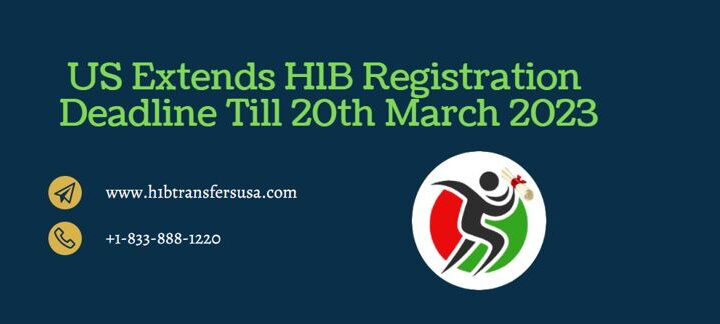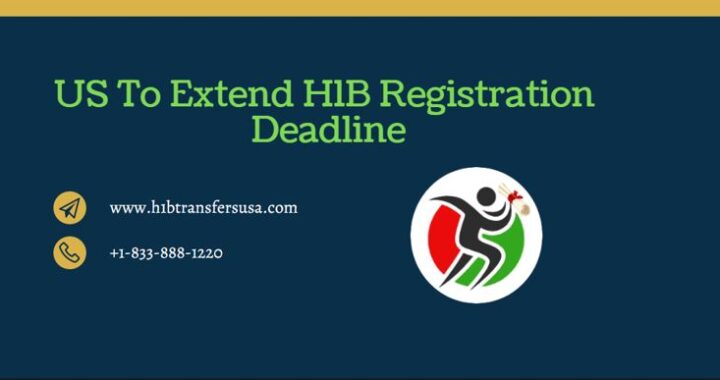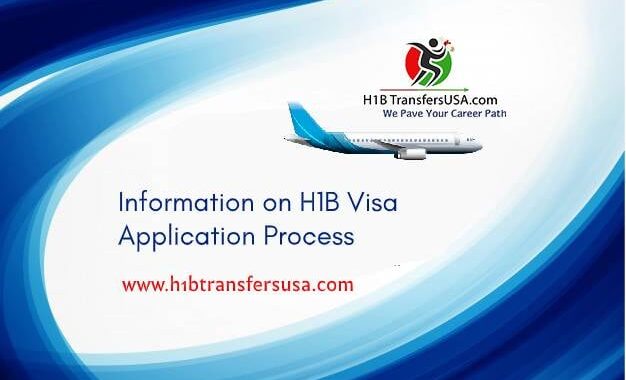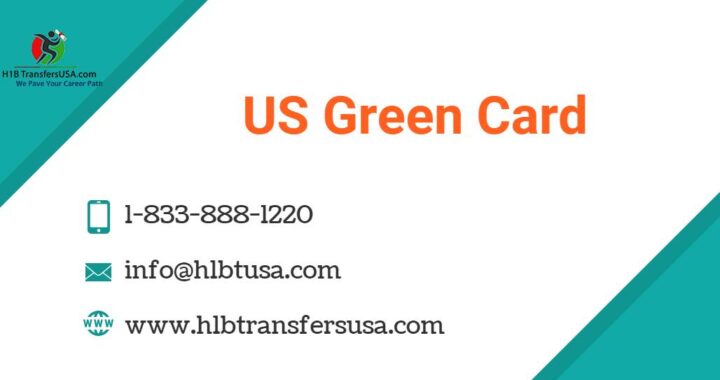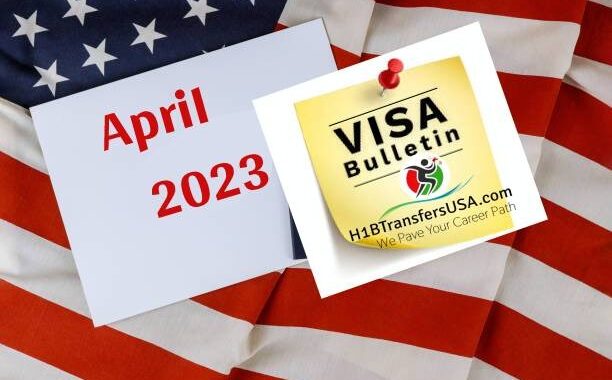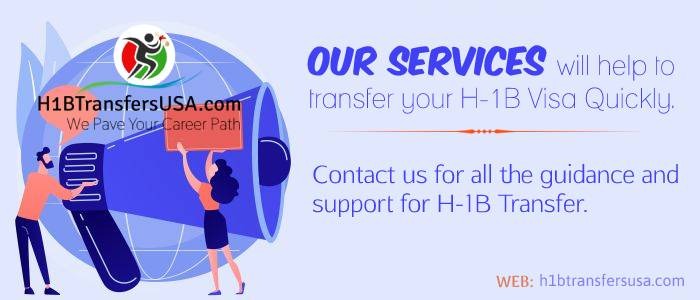DHS Final Public Charge Rule Effective from 23.Dec.2022
2 min read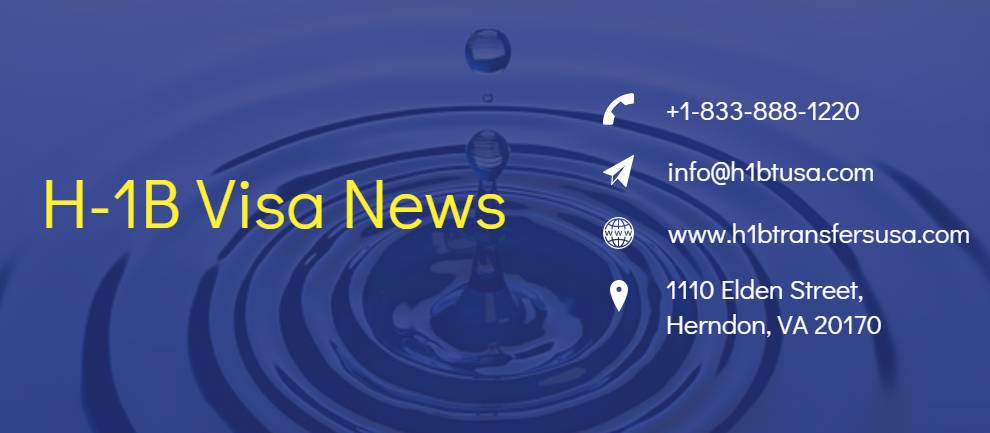
The U.S. Department of Homeland Security (DHS) has issued a final rule in the Federal Register, which reaffirms long-standing guidance applicable for determinations of whether an individual is probably to become a public charge. A foreign national considered likely to become a public charge is inadmissible, and therefore will not be given a U.S. visa, granted admission to the US, or allowed to adjust status (i.e., be given a green card while in the U.S.).
Background on the DHS Final Public Charge Rule
This final rule mirrors the guidance of the legacy Immigration and Naturalization Service (INS) from back in 1999. Under the Trump government, the DHS implemented a far harsher, more complex, and burdensome standard for making a public charge determination. Several federal courts eventually blocked the rule. The DHS rescinded this rule in March 2021 and issued its proposed rule in February 2022, which has now been finalized.
Focus on Totality of Applicant’s Circumstances
Under the new rule, which takes effect on 23rd December 2022, the probability of a foreign national becoming a public charge will be determined by analyzing the totality of the candidate’s conditions. Also, the factors considered will include the foreign national’s “age; health; family status; assets, resources, and financial status; and education and skills,” as well as the data given in the form I-864 Affirmation of support when required.
Assistance Impacting or Exempt from Public Charge Analysis
The Final Rule explains that earlier or current receipt of supplemental security income (SSI); cash help for income maintenance; or long-term institutionalization at government cost will be considered in determining the candidate’s public charge determination.
[USCIS Reaches H-2B Cap for First Half of FY 2023]
The rule explains that help outside of these classifications won’t be considered public benefits. And receipt of benefits on behalf of another will not be considered in a public charge determination. Factors under the Trump government rule, similar to the receipt of non-cash benefits, for example, food stamps, Medicaid, and housing benefits or the foreign national’s credit history, will no longer be considered by the DHS.
Conclusion
The new public charge rule gives a balanced approach to welcoming immigrants to the US. While also safeguarding the interests of U.S. taxpayers. It guarantees the process is far more streamlined than the convoluted and burdensome public charge rule. Implemented by the prior administration in 2019, which caused confusion and multiple lawsuits.

